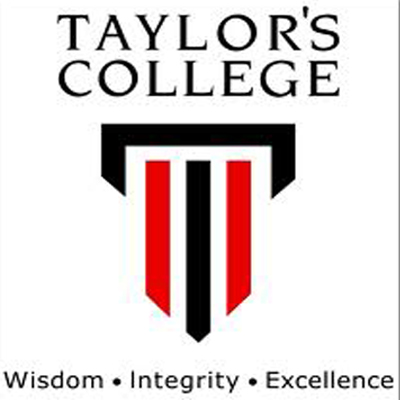Master of Science (Engineering) (By Research)
- Field Of Study:
- Engineering
- Level Of Study:
- Postgraduate
- Course Subject:
- Course Intake:
The Master of Science (Engineering) is a one-year research programme. It prepares students to advance their careers in the industry, research and development and teaching, as well as pursue a PhD. Graduates of this programme will be skilled at conducting independent research.
Programme Objective
The objective of this programme is in line with the Malaysian government’s aim to spur industrial research and development activities. Through the programme, students will be able to demonstrate their ability, under supervision, to apply relevant research techniques to their chosen field of study. Specifically, they will learn how to:
- Identify and craft the research question
- Use appropriate research methods to address the research question
- Master their chosen research methodology
- Prepare and present research findings in a format that is appropriate to their academic discipline
- Turn their research into a high quality master’s thesis
Key Research Areas
- Aerodynamics
- Aeronautics
- Airplane and Missile Design
- Artificial Intelligence
- Biotechnology
- Computational Fluid Mechanics (CFD)
- COMSOL Multiphysics Modelling
- Drying Technology
- Engineering Education
- Enzyme Kinetics
- Flow Visualisation
- Food Processing
- Heat Transfer
- High Speed Flow
- Mixing
- Panel Method
- Separation Technology
- Shadowgraph Technique in Natural Convection
- Smart, Safe and Security
- Sonication and Esterification Study
- Stability and Control of Airplane and Missiles
- Turbulence Modelling
- Vibration
- Very-Large-Scale Integration (VLSI)
Programme Structure
Minimum length of candidature
The minimum length of candidature is one year for full-time students and two years for part-time students. Candidature cannot be less than these periods.
Part-time students who are confident of graduating in under two years should register for full-time status at the end of the first year.
Maximum length of candidature
The average duration of candidature for full-time students is two years with a maximum of four years. Part-time students normally take three years to complete their candidature, with a maximum of six years.
Extension of candidature beyond the maximum period is only possible with the approval of the Senate and the Malaysian Qualification Agency (MQA).
Off-Campus Candidature
Off-campus candidature enables working adults who have access to research facilities in the vicinity of where they work or reside to benefit from the experience of research supervision from the university. Below are the required requirements for off-campus candidature
- Payment of an application fee of RM500.
- Appointment of an external co-supervisor.
- Submission of a Research Meeting Log twice per semester for the University to monitor the research progress.
The application form for off-campus candidature must be submitted to Taylor’s Graduate School for processing. The School’s Postgraduate Committee will decide on the approval of the application.
Availability of Scholarships
Taylor’s University recognises and rewards students of strong aptitude for research and development through scholarships and its postgraduate apprenticeship programme. For more details, please contact Taylor’s Graduate School.
Research Methodology
- Scientific Research Practices and Entrepreneurship
This compulsory module begins with an exposition of the characteristics a critical analysis of literature research must possess at the postgraduate level. Then, a synthesis and documentation of the information gathered will be conducted as it is of paramount importance for successfully understanding the landscape of the existing knowledge boundary. Working closely with respective supervisors, students are expected to narrow their thesis problem statement without losing sight of its significance. Once the present domain specific knowledge is well-understood, the focus will be on comparing among the different channels of communications such as journal publications, conference proceedings, expository magazine, and poster presentation will be expounded. Subsequently, we elaborate on the research ethics and regulations for experiments involving human and animal specimens to prepare students’ selection and execution of domain specific research methodology. This is followed by a forum discussion on sourcing research funding internally and externally as well as studying the basic aspects of commercialisation.
Source: Taylor’s University
